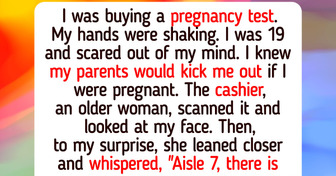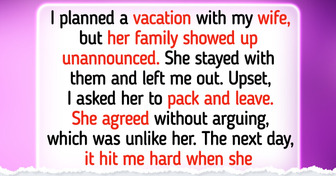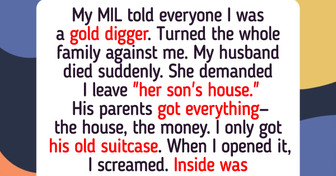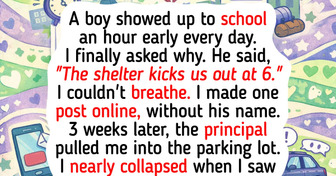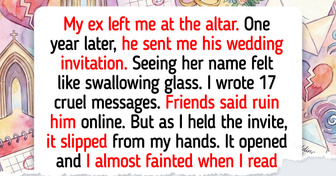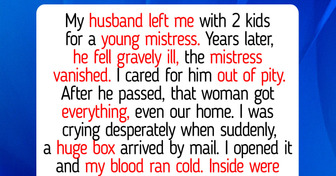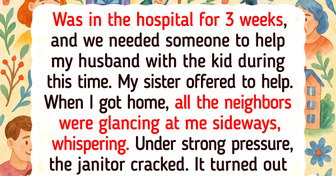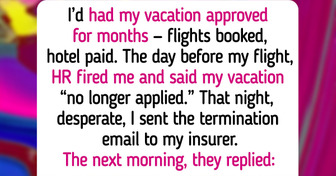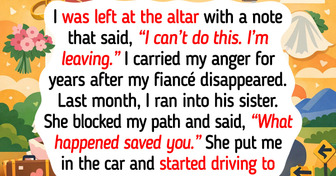11 Real-Life Events With Twists Stranger Than Fiction

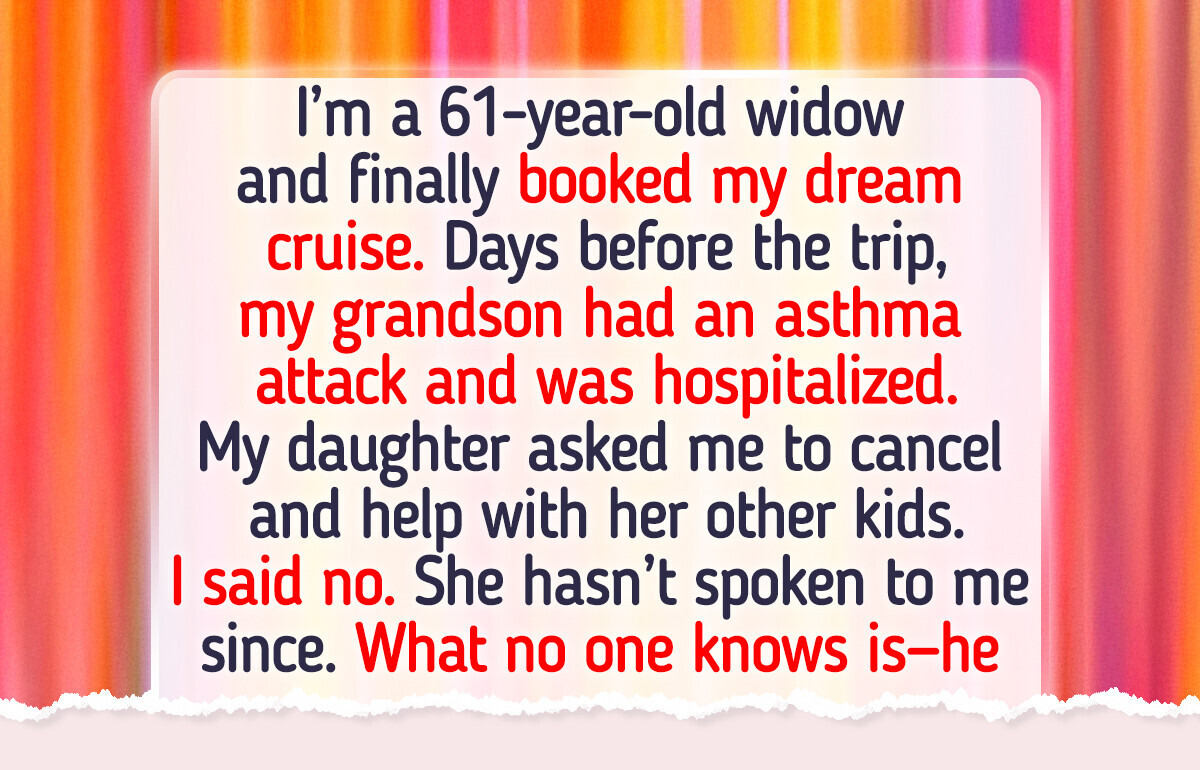
One of our readers shared a deeply personal story about setting boundaries with family—and the emotional fallout that followed. What looked like selfishness to outsiders was, in her words, the first time she chose herself.

I’m a 61-year-old widow, and I finally booked a dream cruise I’d been planning for years. Three days before departure, my daughter called — my 6-year-old grandson had a serious asthma attack and was hospitalized. She asked me to cancel the trip and come help with her other two kids.
I said no.
She called me selfish and hasn’t spoken to me since. While I was on the ship, she posted on Facebook, calling me out for “abandoning family in a crisis.” I came home to dozens of angry messages and people uninviting me from events.
Here’s what no one knows:
My grandson was discharged two days later. She hired a sitter. He’s fine.
And the kicker?
He’d drawn a picture of us on a cruise ship weeks before — apparently, he was excited for my trip. She never gave it to me. Said it would make me “feel less guilty.”
I don’t feel guilty.
I feel free.
Thank you for sharing with us!

Many grandparents—especially grandmothers—find themselves caught in the role of the “always-on” caregiver, stepping in during emergencies whether expected or not. That pressure often leads to caregiver burden, a form of chronic stress marked by emotional exhaustion, anxiety, and even physical health decline.
It’s not selfish to say no—especially when caregiving demands push you past your limits. Setting boundaries is crucial when a request starts to drain your emotional or physical well-being.
You may need to draw the line if:
The task leaves you feeling overwhelmed or burned out
It interferes with your own responsibilities or self-care
Saying yes would lead to resentment or exhaustion
There’s someone else who can help, or a better solution is available
Caregiving should never be a one-person job. Leaning on support—whether from family, friends, or professionals—can ease the pressure and help you protect both your health and your relationships.
At some point, even caregivers have to draw the line.
I Refuse to Forgive My Mom—She Called My Infertility “Karma”

